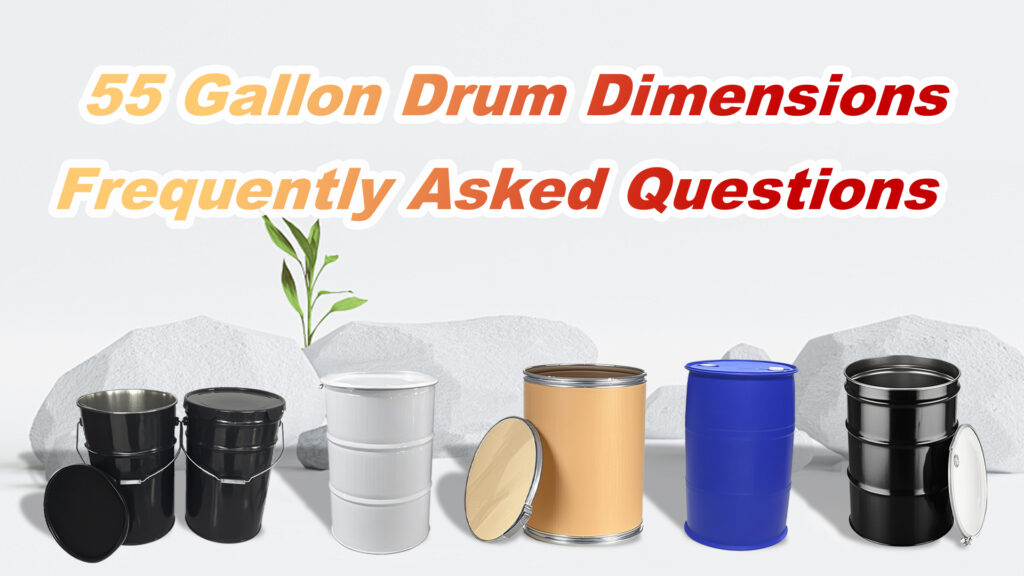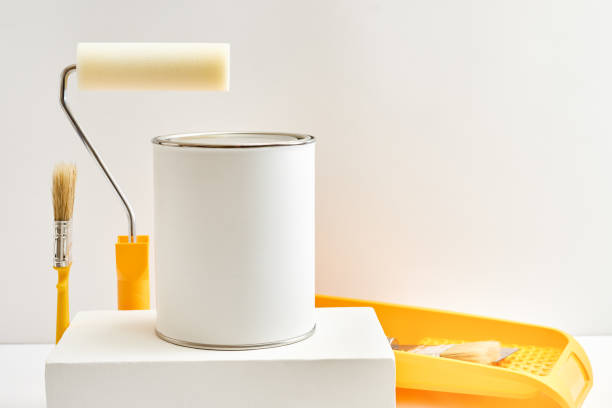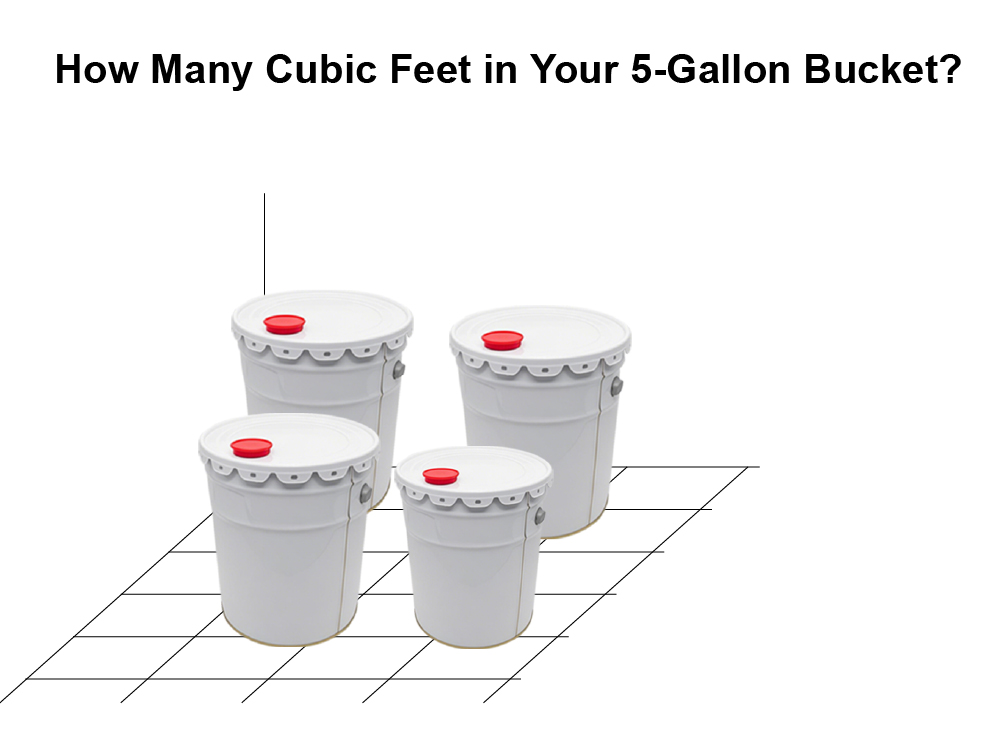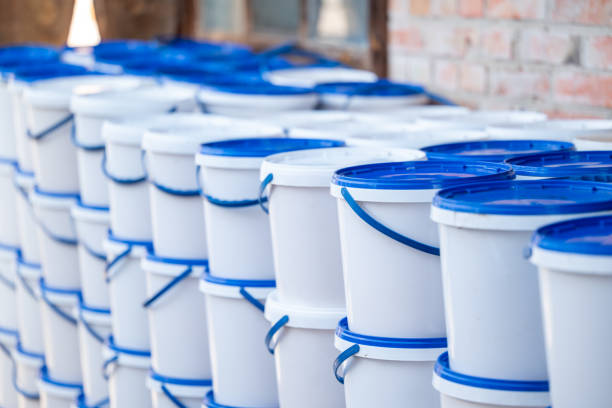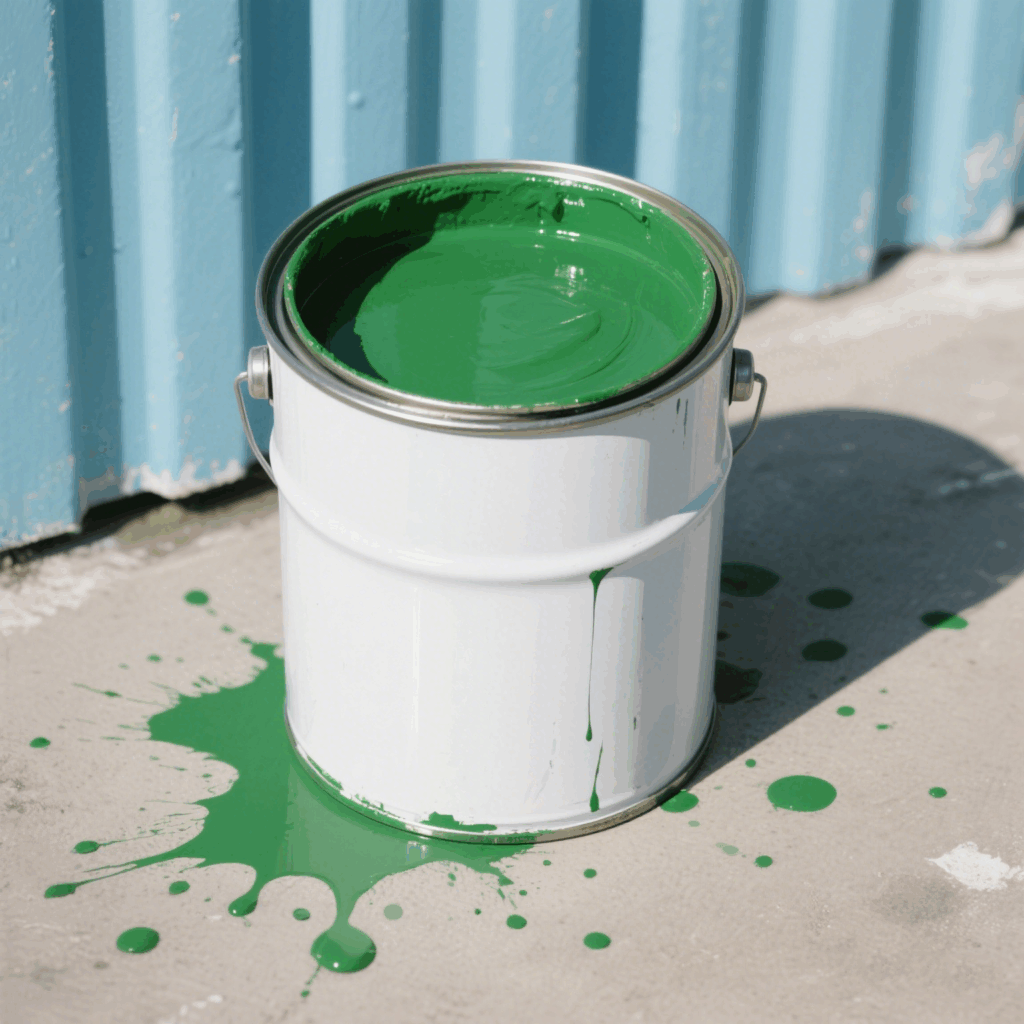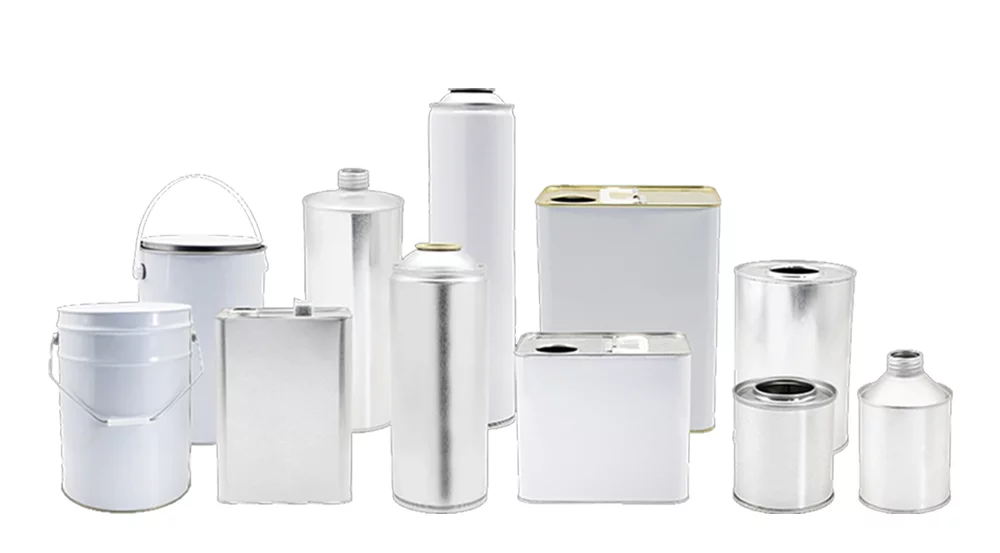If you’ve ever caught a strange, harsh odor while driving or after hard braking, you might have wondered: Is that my brake fluid burning? As a car owner, it’s important to understand what that smell means, what causes it, and how to respond—because it could signal something seriously wrong with your vehicle’s braking system.
This article is your complete guide to recognizing the smell of burning brake fluid, understanding the causes, and knowing exactly what to do about it. Written from a driver’s perspective, this article addresses your concerns in simple terms, with practical advice and safety tips.
What Does Burning Brake Fluid Actually Smell Like?
Burning brake fluid emits a sharp, acrid, and chemically pungent odor. Some drivers describe it as a slightly sweet but overpowering smell, similar to burning castor oil หรือ hot electronics mixed with rubber. It may not smell like traditional burning materials such as oil or rubber—it’s more chemical-like.
You might notice the smell:
-
After heavy braking going downhill
-
During stop-and-go traffic
-
After aggressive driving
-
Following a recent brake fluid leak
Quick Comparison Table
| Fluid | Burning Smell Description | Typical Cause |
|---|---|---|
| ของเหลวเบรก | Acrid, chemical, slightly sweet | Overheating brakes or leaking fluid |
| Engine Oil | Thick, burnt, oily, smoky | Oil leak onto hot engine parts |
| Coolant | Sweet, syrupy | Coolant leak or overheating engine |
| Transmission Fluid | Burnt toast, bitter chemical smell | Transmission overheating |
Why Would Brake Fluid Burn?
Brake fluid is formulated to withstand high temperatures, but it can still burn or degrade under certain conditions:
1. Overheated Brake System
When you use your brakes continuously—especially during downhill driving or towing—brake components like pads and rotors heat up. Excessive heat can transfer to the brake calipers and boil the brake fluid, releasing vapor and producing that acrid burning smell.
2. Leaking Brake Fluid on Hot Engine Parts
If you have a leak in the brake lines, calipers, or master cylinder, brake fluid may drip onto hot components like the exhaust manifold or engine block. When it makes contact, it burns instantly—producing an unmistakable smell and sometimes even smoke.
3. Worn or Failing Brake Pads
While not technically brake fluid, worn-out brake pads can cause friction overheating that degrades nearby brake fluid, amplifying the burning odor. The smell may mix with the scent of scorched pads and metal.
Is the Smell Dangerous?
Yes—burning brake fluid is not only a warning sign, but it can also pose risks:
-
Fire Hazard: Brake fluid is flammable. If it leaks onto extremely hot components, it can catch fire.
-
Health Hazard: Inhaling vaporized brake fluid can irritate your lungs and is toxic in large amounts.
-
Brake Failure: Overheated or leaking brake fluid can lead to reduced braking performance or even complete failure.
What to Do If You Smell Burning Brake Fluid
If you suspect the smell is coming from your brake fluid, act immediately:
Step-by-Step:
-
Pull Over Safely: As soon as it’s safe, stop the vehicle and turn off the engine.
-
Check for Leaks: Look under the car for any wet or oily spots near the wheels or under the hood.
-
Look for Smoke: Check for visible smoke around the wheels or engine compartment.
-
Do Not Drive Further: If the smell persists or you notice braking problems, call a mechanic or roadside service.
-
Inspect Brake Fluid Level: If you have experience, check your brake fluid reservoir. Low or dark fluid can indicate a problem.
Preventing Brake Fluid Burn Smell
Being proactive with maintenance helps avoid dangerous smells and brake failures:
-
Flush brake fluid every 2–3 years (or per your car manual)
-
Check for brake fluid leaks regularly during oil changes
-
Avoid riding brakes during downhill driving
-
Inspect brake pads and rotors every 12,000–15,000 miles
-
Use high-quality brake fluid rated for your vehicle type
Common Signs That Accompany the Smell
If you’re unsure whether the odor you’re experiencing is burning brake fluid, look for these accompanying signs:
-
Brake warning light on the dashboard
-
Soft or spongy brake pedal
-
Poor braking performance or longer stopping distance
-
Fluid puddles near wheels
-
Visible smoke after hard braking
คำถามที่พบบ่อย
What should I do if I smell burning brake fluid but my car drives fine?
You should still get your car inspected. Sometimes, leaks are small or intermittent, and problems may not show up until the next time you brake hard.
Can brake fluid catch fire?
ใช่, brake fluid is flammable. When it leaks onto hot engine or exhaust parts, it can ignite—posing a serious danger.
Can I continue driving with the smell of burning brake fluid?
It’s not safe. The smell could indicate overheating or leaking fluid, which may cause brake failure. Always stop and assess the issue.
Is it expensive to fix brake fluid leaks?
It depends. Replacing a brake line or master cylinder could cost $150–$500. อย่างไรก็ตาม, letting it go unresolved may lead to bigger, costlier repairs—or an accident.
How do I know if the smell is brake fluid and not something else?
Burning brake fluid has a sharp, chemical odor that’s different from engine oil (thick and smoky) or coolant (sweet). Pay attention to where the smell is strongest—typically near the wheels or under the hood.
Burning brake fluid is not something to ignore. While the smell may start as a minor nuisance, it often signals more serious issues within your braking system. If you ever notice that acrid, chemical smell, prioritize your safety and get your car checked by a professional right away.
















